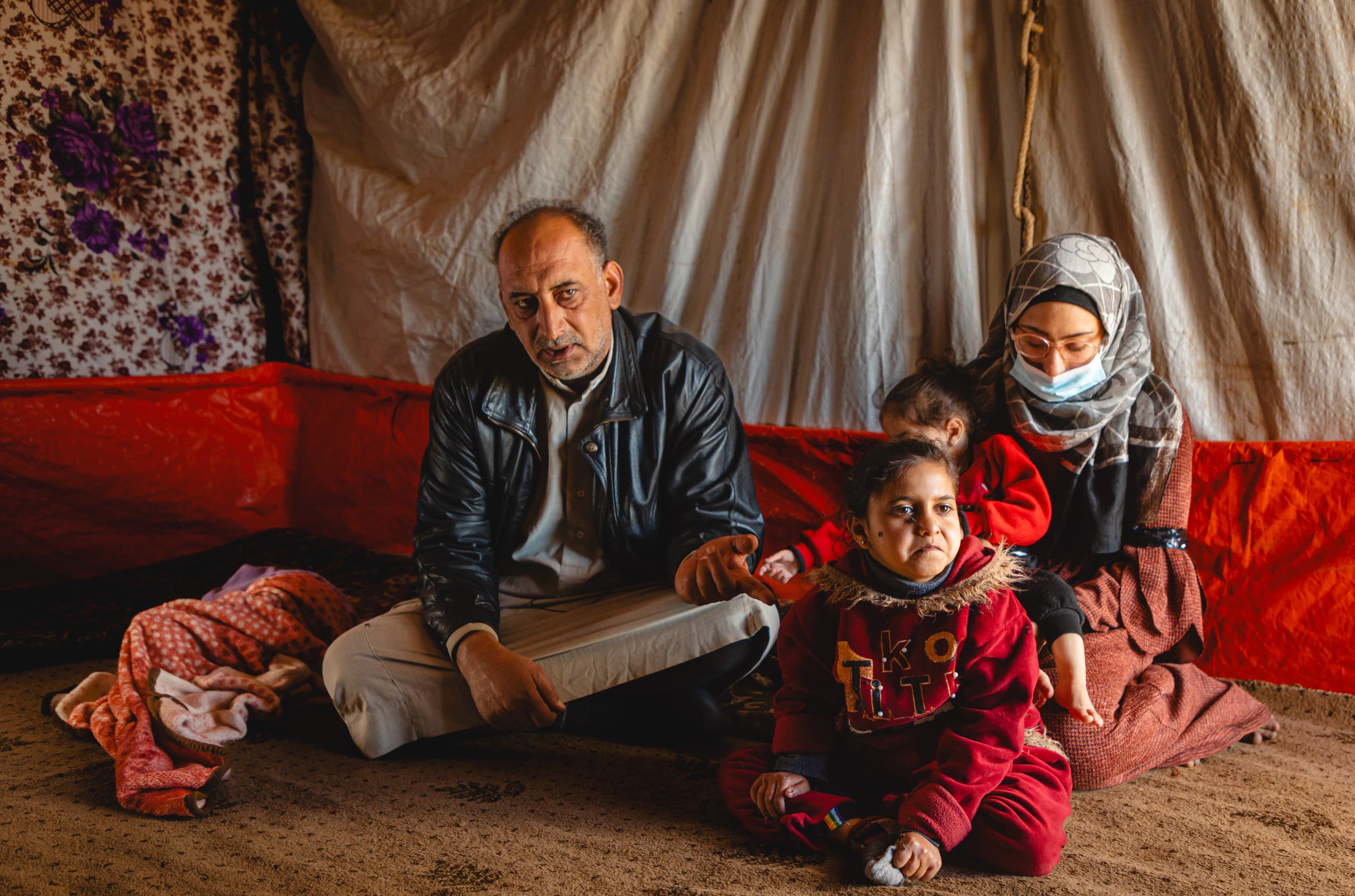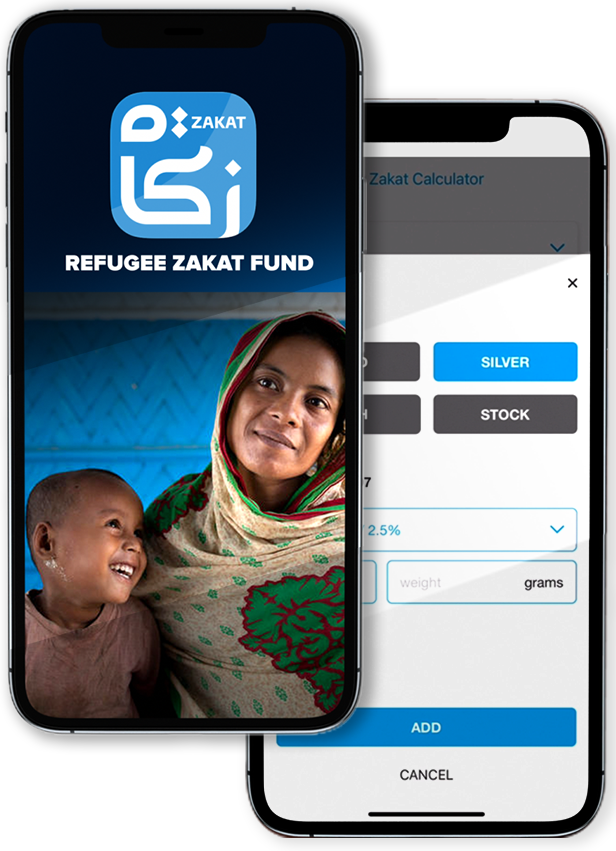Khaled, Syrian refugee in Jordan
Khaled fled Hama, Syria in 2013 with his wife and six daughters. Before the war, life was stable—they had land, livestock, olive trees, and a home. But when conflict erupted, they left everything behind.
“We walked away with just our souls. We went from a house with concrete walls to tents and wild living. It either makes you hate life or slowly adapt. Little by little—thank God—we’ve adapted.”
Now living in Jordan for over a decade, Khaled faces daily struggles to provide for his family, especially during the harsh winter months. Three of his daughters live with disabilities and require constant care, medication, and warmth.
“They have no immunity. A light breeze makes them sick. I carry two of them, my wife carries one, and we walk a kilometer to reach the car that takes us to the doctor. Sometimes I have to borrow money just to get them treated.”
The family relies on gas heaters and firewood to stay warm, but fuel is expensive and often runs out. Khaled uses a gas cylinder every three days to keep the children warm—each one costs seven dinars. In winter, he needs around ten cylinders a month. “We adults use firewood, but for the girls, I keep the gas heater on day and night. If they catch a cold, we’re back at the doctor. I try to keep them warm so they don’t get sick again.”
Khaled’s daughters require special food, diapers, and daily medication. A tin of milk costs up to ten dinars and lasts just a day or two. Diapers cost five dinars per pack. Their basic needs alone can exceed ten dinars a day—without counting food or heating. “Sometimes I stop buying food just to cover their needs. We go without oil, sugar, or tea. We adults can bear it, but these girls can’t. It’s not acceptable.”
Work is irregular and scarce, especially in winter. Khaled takes whatever jobs he can find—sometimes earning just three to five dinars a day. On bad days, he earns nothing. “Some days I stand for hours in the freezing cold, hoping for work. If it rains, there’s no work. If there is, it might be one or two hours. We survive little by little.”
Despite the hardship, Khaled remains grateful for the support his family receives. Regular cash assistance from UNHCR helps cover essential food and medical costs. “Without that support, we wouldn’t survive. It helps us get through the month. We thank God and those who give. May they be rewarded for their kindness.”
Thanks to Zakat and Sadaqah funds, UNHCR was able to support 13,772 refugee families – some 68,760 people – in Jordan in the first half of 2025.
Other Stories
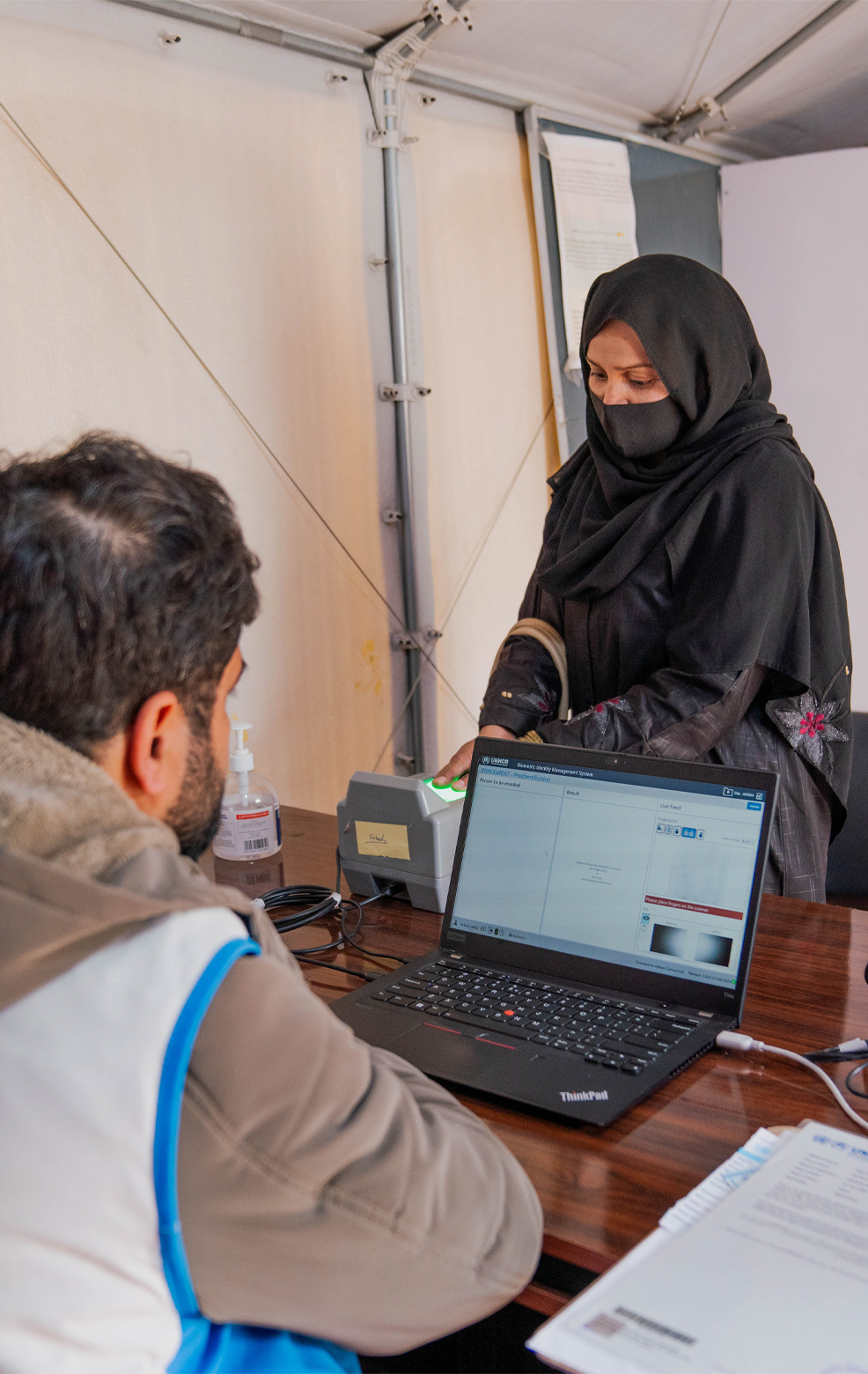
Roqia, recently returned to Afghanistan
“We have no home, no work – nothing. We need peace, and we need help.”
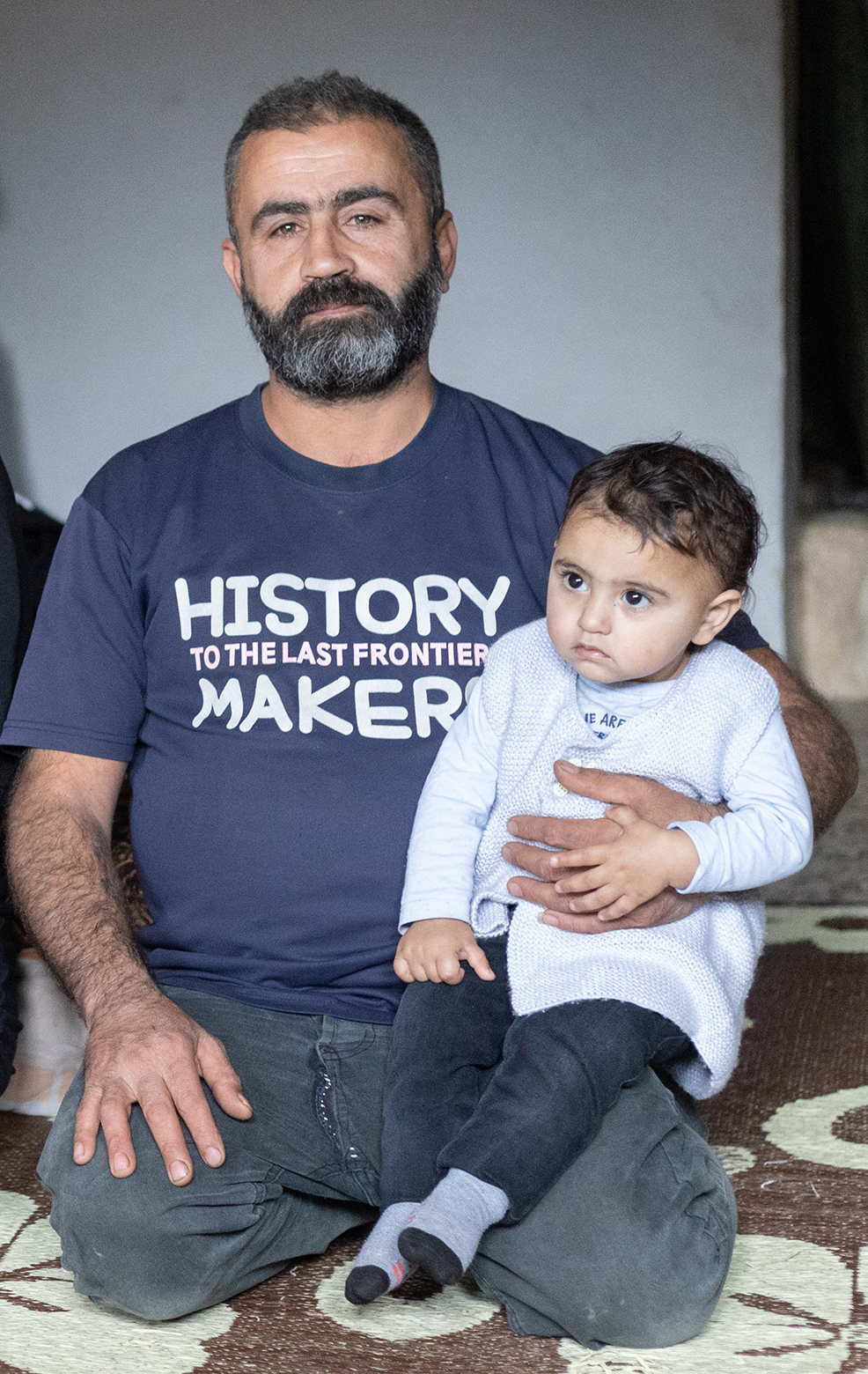
Jamil and Halima, their struggle to keep their children warm
“We Slept on the Street in the Cold.”
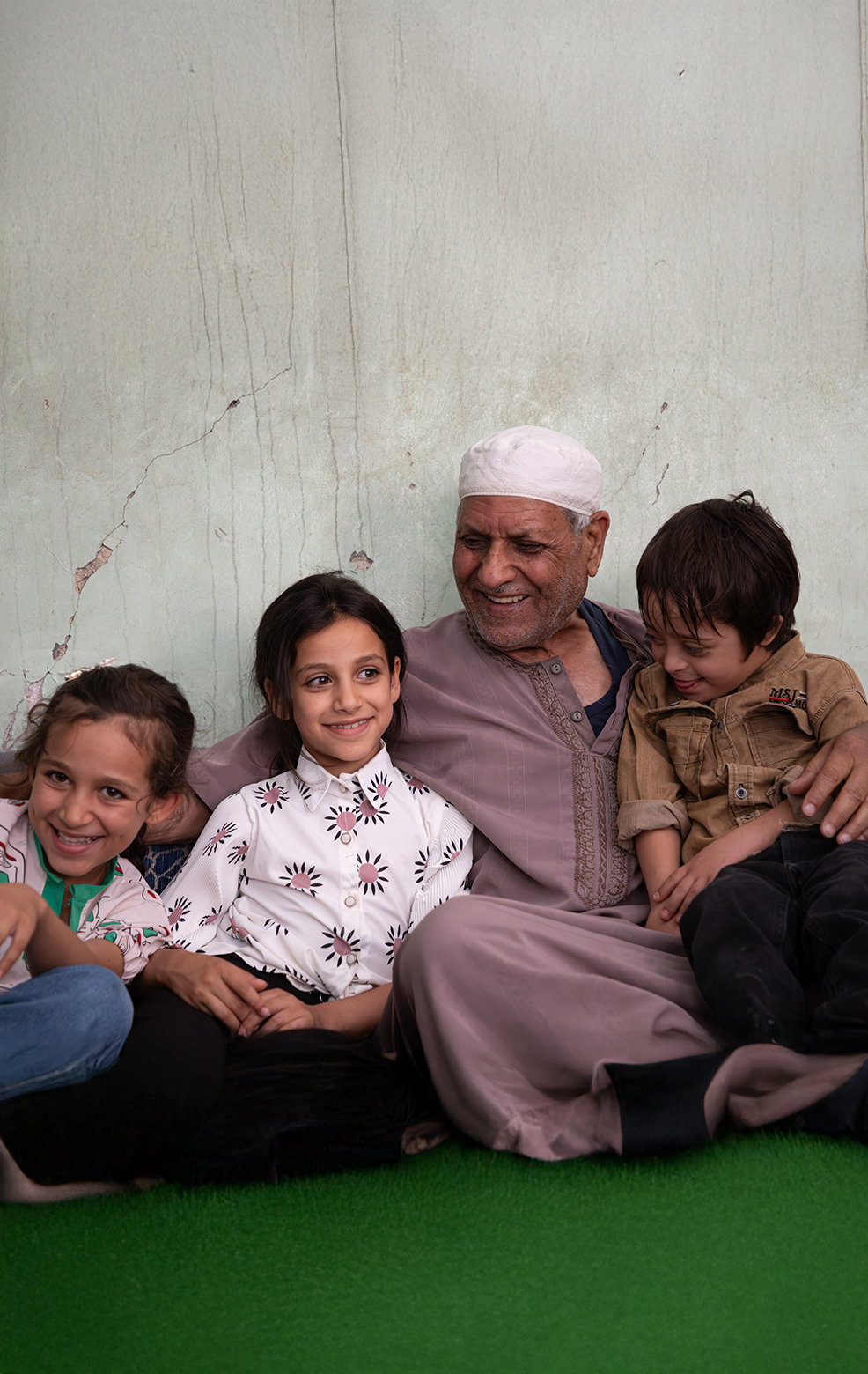
Ikrimah, Syrian father of five.
“Our wish is simply to live with dignity. That’s our hope, and we thank God for everything.”



